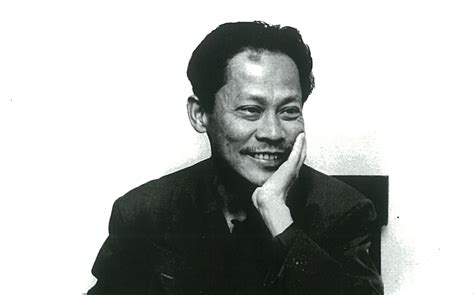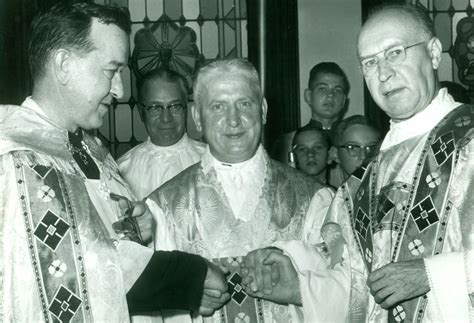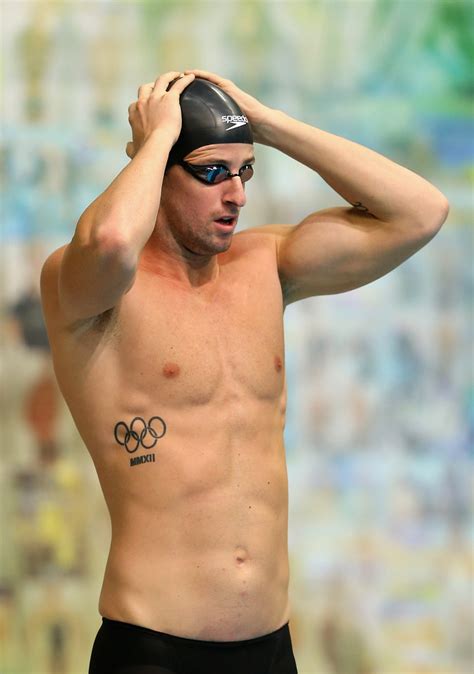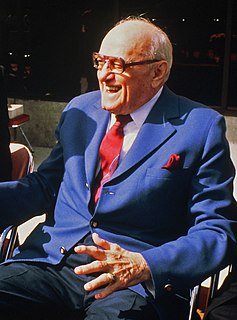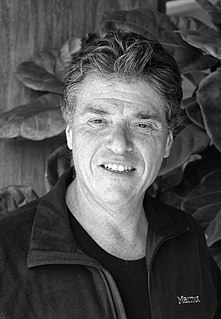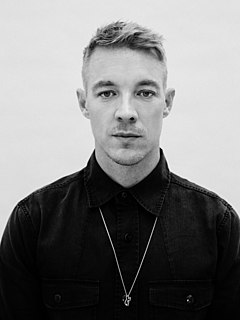A Quote by Salvador Dali
Progressive art can assist people to learn not only about the objective forces at work in the society in which they live, but also about the intensely social character of their interior lives. Ultimately, it can propel people toward social emancipation.
Related Quotes
Now culture being a social product, I firmly believe that any work of art should have a social function to beautify, to glorify, to dignify man... Since any social system is forced to change to another by concrete economic forces, its art changes also to be recharged, reshaped, and revitalized by the new conditions... The making of a genuine artist or writer is not mysterious. It is not
the work of Divine Providence. Social conditions, history, and the people's struggle are the factors behind it.
There are always forces at work in a society, certainly in America, which are really forces of censorship -either religious bodies or zealots who are always putting pressure on things, whether it's books or art or film. And all art is fundamentally subversive, because it upsets people's perceptions, their notions about society. Therefore, art is dangerous, but good art is always making us reassess our thoughts and feelings about how we relate to other people. There are always people who fear that and want to suppress that.
The arts have long been an integral and vibrant part of our nation's cultural heritage. In its many forms, art enables us to gain a deeper understanding of ourselves and of our society. Providing us with a unique way to learn about people of other cultures, it allows us to discover all that we have in common. At its best, art can beautify our cities, encourage economic development and social change, and profoundly affect the ways we live our lives.
We destroy the most hallowed of relations, when we replace home education by social.And your education! Is not that also social, and determined by the social conditions under which you educate, by the intervention, direct or indirect, of society, by means of schools, etc.? The Communists have not invented the intervention of society in education; they do but seek to alter the character of that intervention, and to rescue education from the influence of the ruling class.
The themes that run through all my work are that consciousness is the ultimate reality; and that by understanding consciousness, you understand everything about yourself, about perception, about creativity, about behavior, about relationships. By understanding consciousness, you have the ability to create anything in your world. And you have the ability to influence also the collective consciousness to not only bring about personal healing, but social transformation, and ultimately healing our planet, which happens to be extremely wounded.
It can be seen as 'weak' to complain about health issues or worry about your health. But with younger guys, I think it's just a case of it being a secondary thought. We live pretty busy lifestyles these days. People have got work and social lives, and they party and spend a lot of time doing other things, and health just takes a backseat in a lot of cases. That's just the way a lot of people seem to live their lives.
Women are the most denigrated social group in the Soviet Union. The idea of women's emancipation is only a slogan in - but also, I should say, in many places outside - the Soviet Union. But especially in the militaristic Soviet society, people only thought of life in terms of struggle and the workers' toil.
Spaces of liberation are, in a certain way, some kind of social spaces where people can not only get together and think about something else, but also act together. If you are thinking about an elemental solidarity, you are thinking about people acting together and taking decisions together, and thereby beginning to think about what sort of society they want to create. So, there is a need for liberated spaces; that is really difficult.
I love knowing and learning about people around the world displaying my art online. Also, it's how I learn about new artists that are in various parts of the world. The positive thing about Tumblr and Instagram is that they're a fantastic platform for art lovers. I also like, when I search for my art and it says, "see also or related artists," and I see those other artists that relate to me, at least according to the internet. I think it's fascinating - it's interesting to see hashtags people are using in relation to my work. It's another tool of communication.
The social scientist is in a difficult, if not impossible position. On the one hand there is the temptation to see all of society as one's autobiography writ large, surely not the path to general truth. On the other hand, there is the attempt to be general and objective by pretending that one knows nothing about the experience of being human, forcing the investigator to pretend that people usually know and tell the truth about important issues, when we all know from our own lives how impossible that is.
In Philly, there are a lot of social programs. If you have a degree, you can go and apply. I was basically a social worker, but I became sort of a sub teacher in a special program, helping kids with reading or math. But we would also do plays, learn about music... We were doing lots of fun stuff, but that was such hard work.


